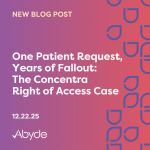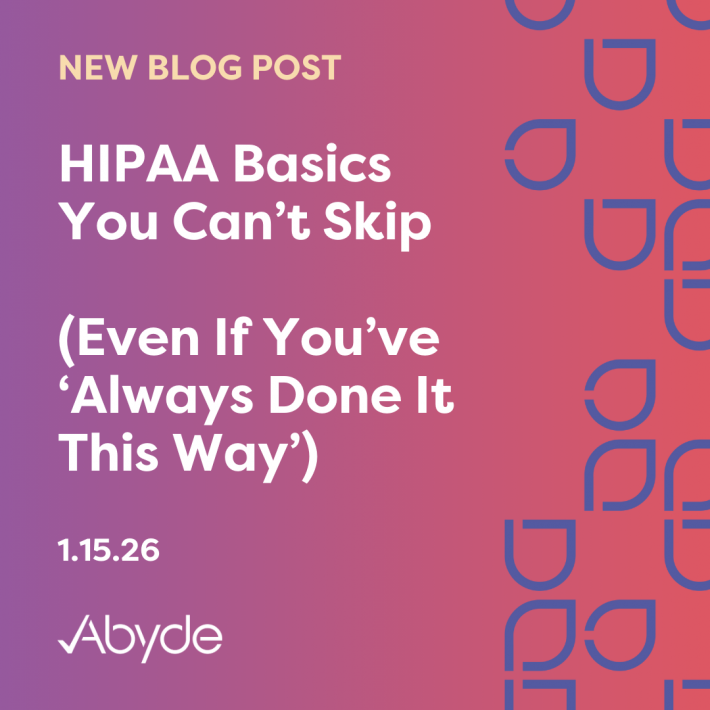February 5, 2021
2020 was certainly not the year anyone planned, and despite your best intentions, the transition to remote operations and reliance on new technologies may have led your practice to experience a (hopefully minor) HIPAA breach last year.
If you had a major breach (500+ patients affected) you’re a little late to the reporting party (breaches affecting over 500 patients should be reported within 60 days, or sooner depending on your state). If fewer patients were affected and you only had a minor breach on your hands, mark your calendars for the upcoming small breach reporting deadline on March 1st.
What types of incidents are HIPAA breaches, and how do I know if I have to report it?
Any instance in which protected health information (PHI) was exposed in violation of the HIPAA Privacy Rule or HIPAA Security Rule counts as a breach of HIPAA. This could be as small as sending an email containing PHI to the wrong person, or as big as a hacking incident affecting hundreds of patient records. While we wish there was a ringing alarm to signal a breach has occured, many breaches aren’t as easy to detect. If you just aren’t sure, first assess the scenario to help make that determination – particularly what the risk is that the PHI possibly exposed would be used for ‘malicious intent’. We’re big believers in the “better safe than sorry” mentality, and recommend reporting any incident that could be a breach to meet all the necessary reporting requirements.
What qualifies as a ‘small’ HIPAA breach?
HIPAA classifies minor breaches as incidents impacting 500 individuals or less. Even if the breach only involved a single patient, it still counts as a breach and should be reported no later than 60 days after the end of the calendar year (aka, March 1st). The ONLY case in which a breach of this kind might not need to be reported is if you can determine with absolute certainty that the data exposed won’t be misused or has been permanently deleted. (P.S., if your breach fell into that 500+ patients bucket, while you’re a little behind we still recommend submitting a late report, instead of no report at all, to reduce the penalties you might face.)
What if my business associate experienced the breach, do I have to report it?
While the Office for Civil Rights (OCR) does encourage business associates to report breaches themselves, the responsibility of getting the report in correctly and on time ultimately falls on the practice. If one of your third-party vendors experienced a breach in 2020, it’s best to check with them to ensure that the breach was reported or report the breach yourself to make sure you’re covered (again – better safe than sorry!). Even if you have a Business Associate Agreement (BAA) in place with the vendor and an incident is completely out of your hands, failing to report the breach by the deadline can still result in HIPAA fines.
Reporting HIPAA breaches of any kind is extremely important to avoiding further fines and penalties. If you do have to make a report – you’re not alone. Only 44% of healthcare organizations actually meet cybersecurity standards, meaning a LOT of organizations wind up with data breaches even if they have solid HIPAA programs in place. There is some good news however with the new HIPAA Safe Harbor Law. You could qualify for reduced HIPAA fines if and only if you can prove that your practice has had the necessary technical safeguards and HIPAA requirements in place for 12 months before the breach.
So, the short version? Make sure you report ANY possible or confirmed small breaches that occurred in 2020 by March 1st to avoid further penalties. If you DON’T have a HIPAA program in place but still have a breach to report we highly recommend getting a program in place ASAP to help reduce possible fines or other penalties.





